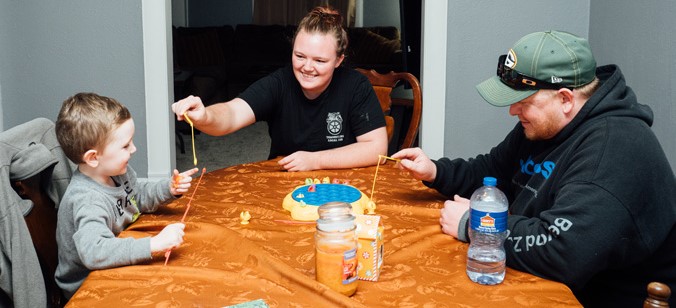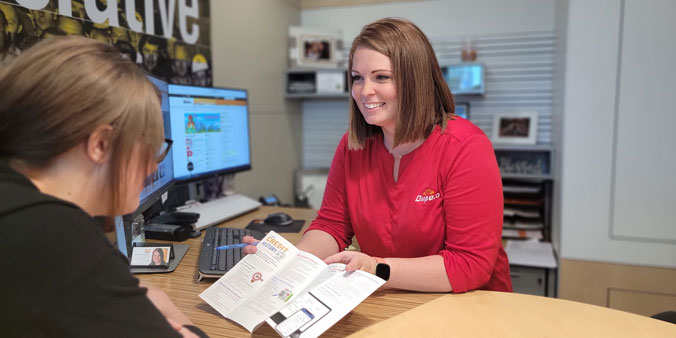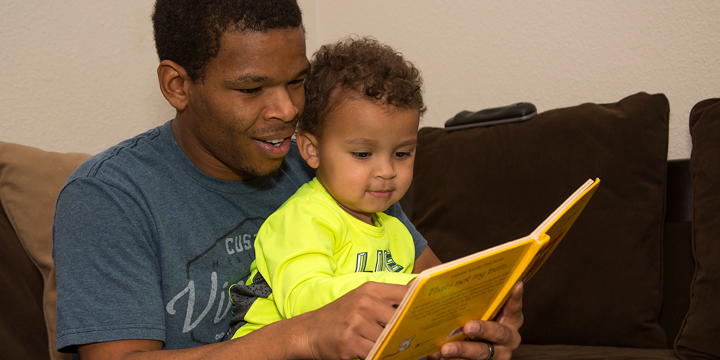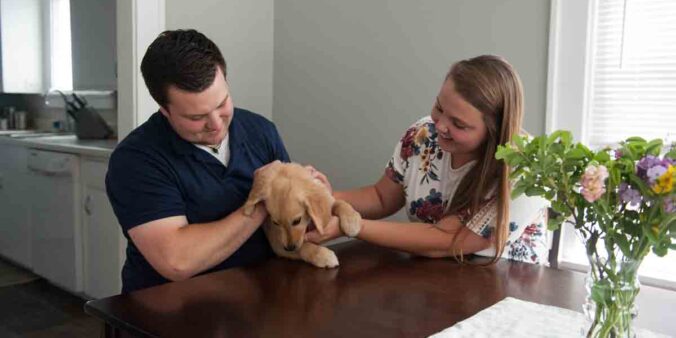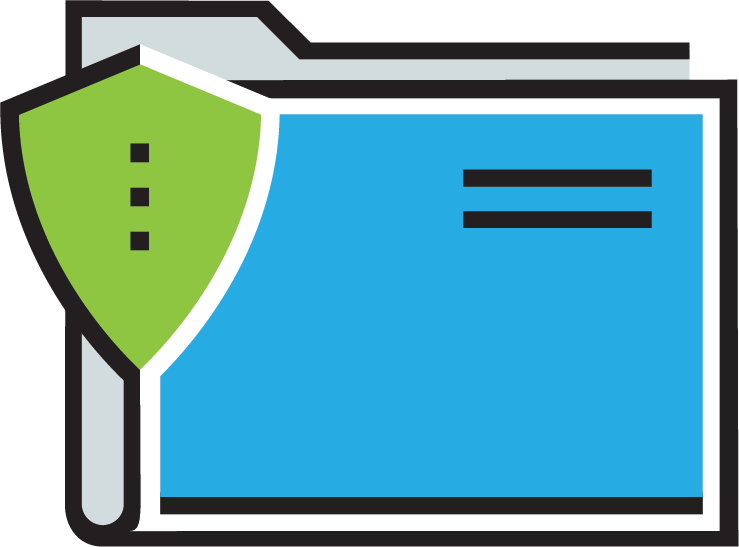Insurance
Dedicated to helping protect you with a worry-free, customized insurance policy
Be prepared for the what-ifs of life with insurance that fits your needs and budget.
Stories & tips for everyday life
Insurance Resources
Protect the people and possessions in your life
Insurance might seem like an unnecessary expense, but you’ll be glad you have it when the unexpected happens. Insuring yourself, your family and your belongings means having confidence that you’ll be OK no matter what life throws at you.
Contact us
Have questions? Need help?
Drop us your info below and we’ll be in touch. Need to talk sooner? Just give us a call at 800-373-7600, ext. 210.

